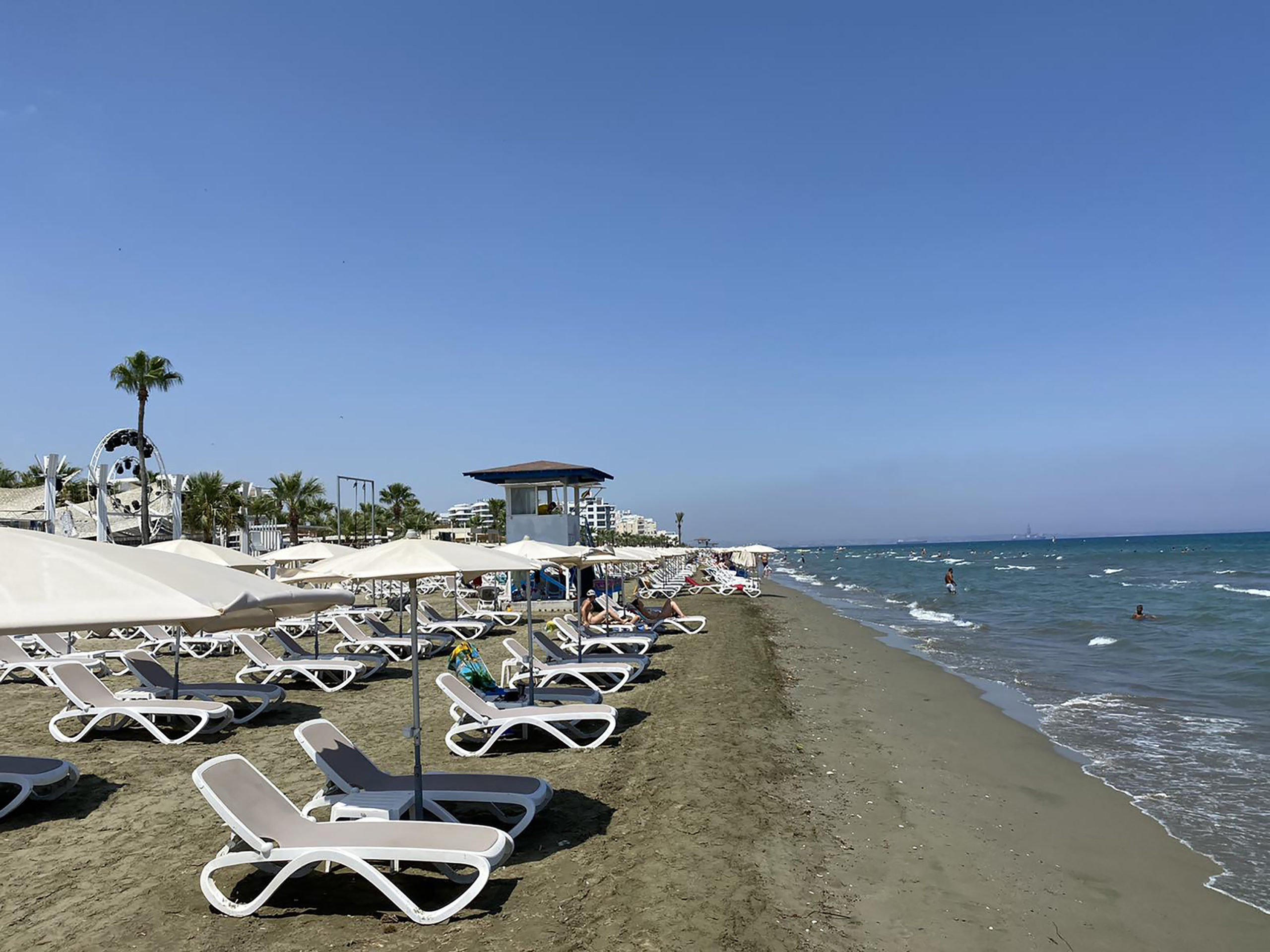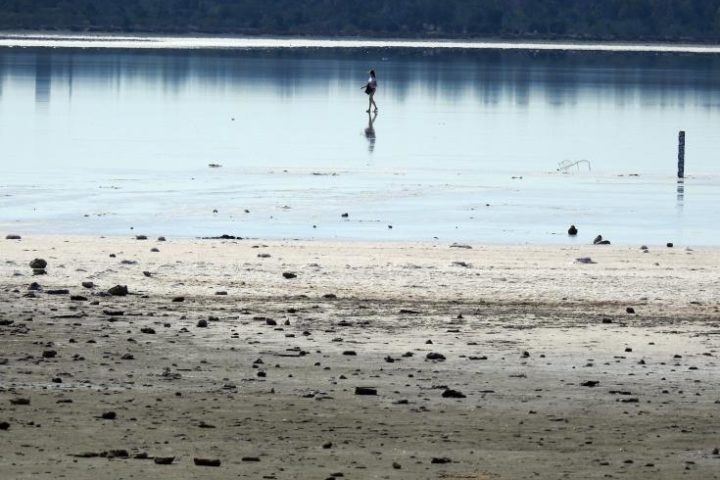Cyprus is feeling the impact of global warming with weather experts puzzled as they see new temperature records on a monthly basis while an ever-increasing number of extreme heat warnings are being issued.
Cyprus’ Met Office issued its 64th warning for extreme weather for Wednesday with maximum temperatures expected to exceed a scorching 40 degrees Celsius.
Halfway through August, Cyprus has already witnessed 10 days this month with temperatures significantly above the seasonal average.
Including Wednesday’s yellow warning, the Cyprus Met Office has recorded a total of 10 with temperatures of 40° C and above, when the seasonal average is usually 37°C.
Maximum temperatures were pushed to a scorching 42.3֯ C on 6 August, as a result of northeast winds, an unusual phenomenon for the region.
Seasoned meteorologist Panayiotis Michael, with 40 years’ experience in the field told the Financial Mirror that experts are baffled as to why the weather is acting up, noting that climate change due to global warming has set the stage for some extreme and unseasonal events.
“Climate change is definitely behind high temperatures recorded in recent months. Despite not having a new high-temperature record in August, the month did record an unusual number of days with temperatures above 40°C, while an eleventh day recorded temperatures just shy of 40 with 39.9°C”.
During the first two weeks of August, the average temperature recorded was 39.4°C, which is close to setting a record for the highest average for the month since authorities started keeping records.
“This will not happen only if temperatures drop significantly over the following fortnight.”
Michael also noted that 9 out of the past 12 months saw Cyprus average temperatures being higher by 1-2 degrees Celsius than the seasonal norm.
The meteorologist attributed the spikes to a change in the atmosphere in the Eastern Mediterranean.
“We now have dry winds blowing from the north and the east which displace winds blowing from the south, over the sea.
North winds do not cool down as their passage over the Mediterranean is short, compared with the winds blowing from the south”.
Michael argued the change in the region’s atmosphere can only be attributed to climate change brought on by global warming, suggesting that these changes recorded in the Mediterranean need to be studied.
“The average temperatures, not only for August and the summer months but also for winter months will be left in the past, as temperatures are set to rise by 1 to 2 degrees due to the change in the atmosphere. I do not see a way back from this change.”
Wednesday’s alert is in effect from 1 pm to 5 pm, according to the Meteorological Service.
Maximum temperatures in the mountains will be 30°C and 30-34°C along the coast.
People are advised to stay in the shade, avoid strenuous exercise outside, while vulnerable groups should remain indoors and keep cool.
Work at open construction sites should cease during the afternoon.










